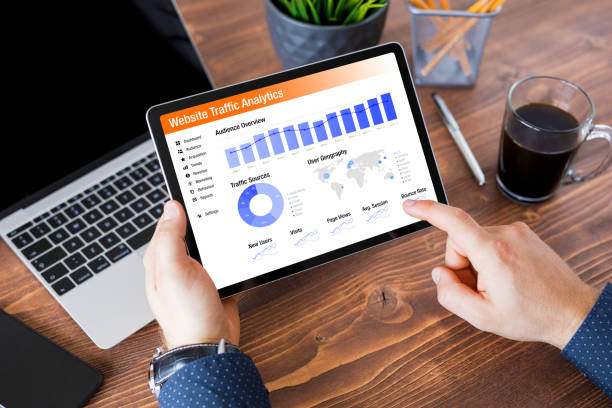Introduction:
In the dynamic world of online advertising, two giants stand out: Google Ads and Facebook Ads. Both platforms offer immense potential to reach your target audience, drive conversions, and boost brand awareness. However, each has its unique strengths and characteristics. In this blog, we’ll delve into the nuances of Google Ads and Facebook Ads, helping you make an informed decision about which platform aligns better with your advertising goals.
Google Ads:
- Search Intent Targeting: Google Ads capitalizes on user search intent. Your ads appear when users search for specific keywords, ensuring relevance and a higher likelihood of conversions. It’s perfect for capturing users actively looking for products or services you offer.
- Keyword Precision: With Google Ads, you can precisely target keywords relevant to your business. This keyword-centric approach helps you connect with users at different stages of the purchase funnel.
- Ad Formats: Google offers various ad formats, including text ads, display ads, video ads, and shopping ads. This versatility allows you to tailor your campaigns to different platforms and user preferences.
- Ad Extensions: Ad extensions in Google Ads provide additional information to users, increasing ad visibility and engagement. Extensions like site links, callouts, and location details enhance your ad’s appeal.
- High Purchase Intent: Users on Google are often closer to making a purchase decision. Ads that appear at the top of search results capture valuable, high-intent traffic.
Facebook Ads:
- Precise Audience Targeting: Facebook’s extensive user data enables hyper-specific targeting based on demographics, interests, behaviors, and even life events. This is ideal for reaching niche audiences.
- Visual Appeal: Facebook’s visual-oriented nature makes it perfect for showcasing products, telling stories, and evoking emotions through images and videos.
- Diverse Ad Formats: From image and video ads to carousel ads and collection ads, Facebook offers a wide range of formats to suit various campaign goals.
- Engagement and Brand Awareness: Facebook is excellent for building brand loyalty and awareness. It enables engagement through likes, comments, and shares, fostering a sense of community around your brand.
- Retargeting Opportunities: Facebook allows you to retarget users who have interacted with your website or previous ads, enhancing the chances of conversion.
Choosing the Right Platform:
- Consider Your Goals: If you prioritize immediate conversions and users actively seeking your offerings, Google Ads might be your best bet. For brand awareness, engagement, and targeting specific demographics, Facebook Ads could be more suitable.
- Budget Allocation: Evaluate your budget and the cost-per-click (CPC) for your industry. Google Ads can be competitive, while Facebook Ads may offer more cost-effective options.
- Audience Behavior: Analyze where your target audience spends more time. Are they actively searching for solutions (Google) or engaging with content and social connections (Facebook)?
- Campaign Integration: In some cases, a combination of both platforms can yield optimal results. Running search campaigns on Google Ads alongside brand-building efforts on Facebook can create a comprehensive strategy.
Conclusion:
Both Google Ads and Facebook Ads offer unique advantages, catering to different aspects of your advertising strategy. Understanding your goals, audience behavior, and budget constraints will guide your decision. Ultimately, the right platform—or a combination of both—will help you achieve your desired outcomes and connect effectively with your target audience.






